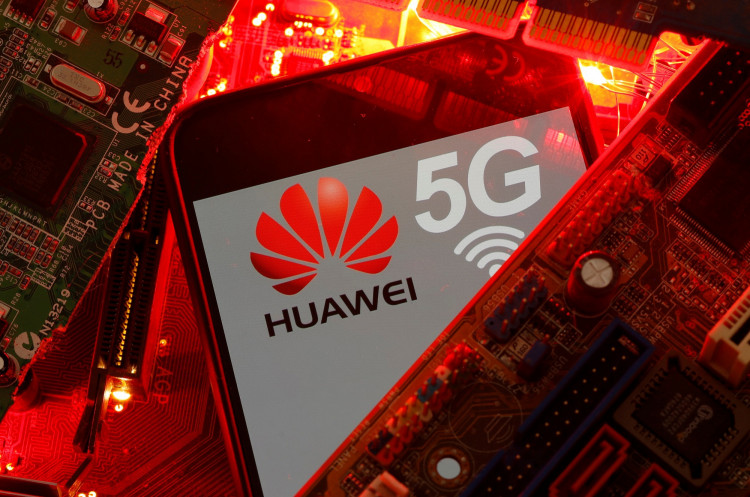Huawei Technologies' challenges against the federal law barring the use of its products and services for federal agencies and their contractors have just been dismissed by a federal judge in Texas. The decision, which was made on Tuesday, essentially rejects Huawei's claims of the law undermining its rights.
US District Judge Amos Mazzant ruled in favor of the United States in the lawsuit as outlined in his 57-page decision. The federal judge concluded that Congress had acted within its powers when it included the restrictions in the National Defense Authorization Act (NDAA); a law that targeted Huawei and other Chinese firms such as ZTE Corp.
In response to the decision, Huawei released its own statement describing the ruling as a disappointing turn of events. The company further stated that it understands the United States' national security concerns, the imposition of the law only provides it with a false sense of protection while at the same time undermining the company's constitutional rights. Huawei reiterated its position regarding the matter, vowing to continue pursuing legal remedies.
The US Justice Department also released its own statement, expressing its satisfaction with the ruling. Apart from barring the use of its equipment by federal agencies, the country continues its wider efforts to prevent Huawei from participating in telecommunications rollouts from within the US and its allied countries.
Huawei originally filed its lawsuit against the NDAA in March of last year. In its court filings, the Chinese firm claims that the approved law was unconstitutional. Huawei particularly pointed out Section 889 of the NDAA, which was signed into law by US President Donald Trump. Huawei pointed out that the restrictions within the NDAA went completely overbroad as it violated due process.
Mazzant disagreed with Huawei on both of its arguments, stating that he fights no reason to believe that the law impairs Huawei's existing and future contracts. The judge of the District Could of the Eastern District of Texas further pointed out that the NDAA was appropriately tailored to the burdens imposed.
Even prior to the passing of the bill, Huawei didn't really hold a substantial market share of the US telecommunications market. Despite this, the company has managed to make itself the largest telecommunications equipment manufacturer in the world.
According to sources familiar with the matter, the US is apparently planning to implement changes in the country's regulations to bar any further chip shipments to Huawei by companies based on its allied nations. The claims still remain to be speculation as of this writing.






